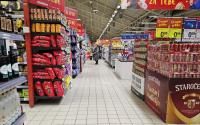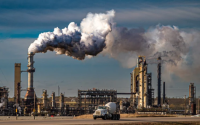12 November 2009
www.bbcworldnews.com/Pages/Programme.aspx?id=323
Hot Cities travels the world from Lagos to Los Angeles, from Shanghai to Surat, from Dhaka to Durban to analyse one of the significant threats facing the planet.
Talking to the experts, the politicians and some of the millions of new migrants to the world’s biggest cities, the series assesses not just the threat from climate change but our response.
In 2008 the world reached an important milestone when, for the first time in history, more people lived in cities than the countryside. Homo sapiens had become homo urbanus.Dhaka, Bangladesh
All this has led to a vicious circle. Cities are one of the big drivers of climate change. As cities get even bigger, they drive climate change even harder. And that makes many of these massive urban areas more vulnerable to rising sea levels, violent storms and dramatic changes in temperature.
In December the most important climate change conference in over a decade will be held in Copenhagen. That is where world leaders and their advisors must hammer out a blueprint for survival. Hot Cities shows how important their decisions will be.
Episode 3: Meltdown
Water security is going to be one of the most pressing issues as the world faces the challenge of climate change. If average global temperatures rise by only a few degrees most of the world’s glaciers will all but disappear, leading to floods and severe water shortages for millions of people.Lima, Peru
Hot Cities goes to Lima in Peru, one of the driest cities in the world which relies heavily on the water from three rivers fed by glacial melt.
As the city swells in size the demands on the water supply will only increase. But already Lima is working on a survival strategy based on re-cycling projects and something called fog-catching, literally catching fog in large thin-meshed nets and using the moisture to irrigate plants.






